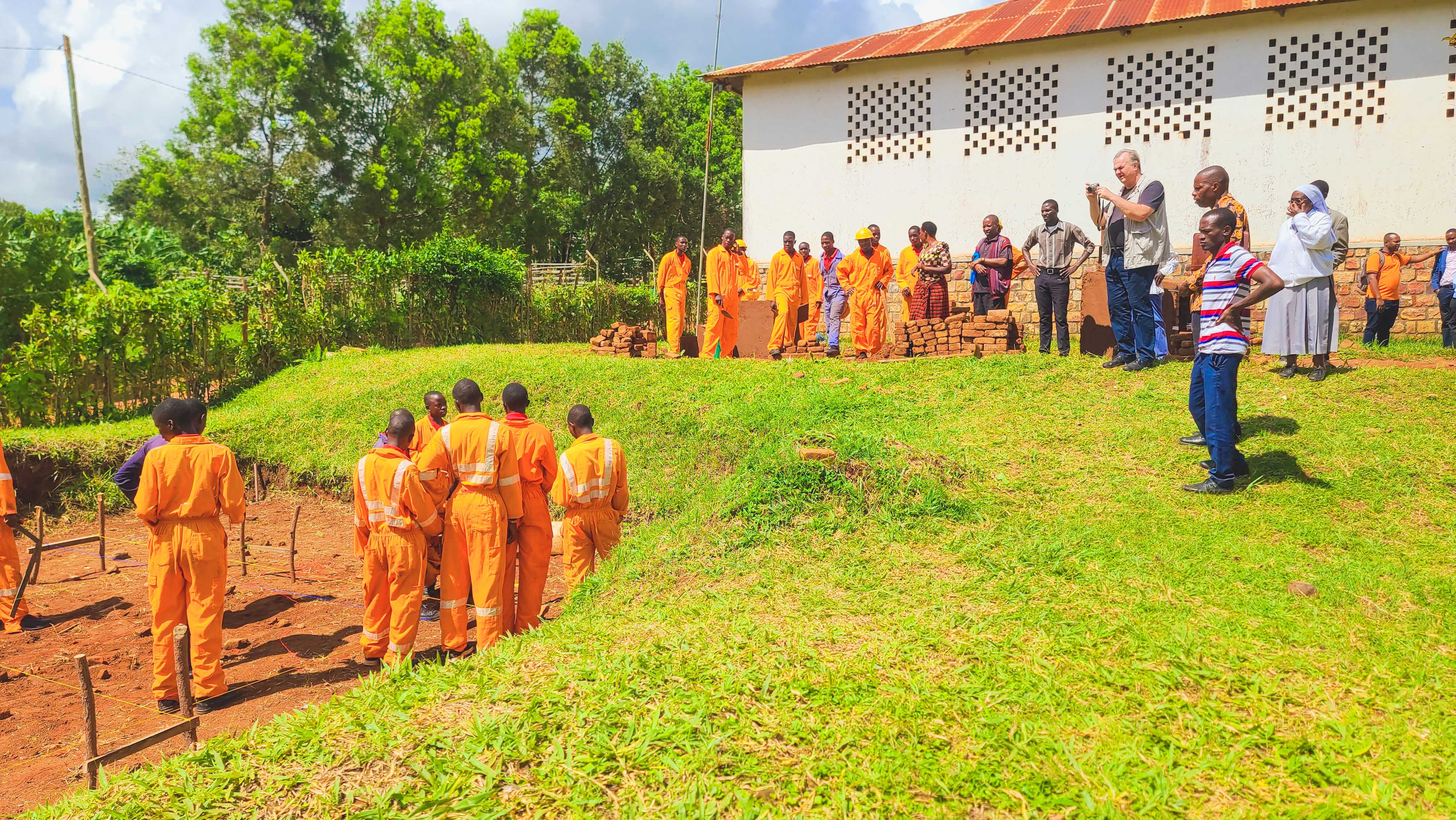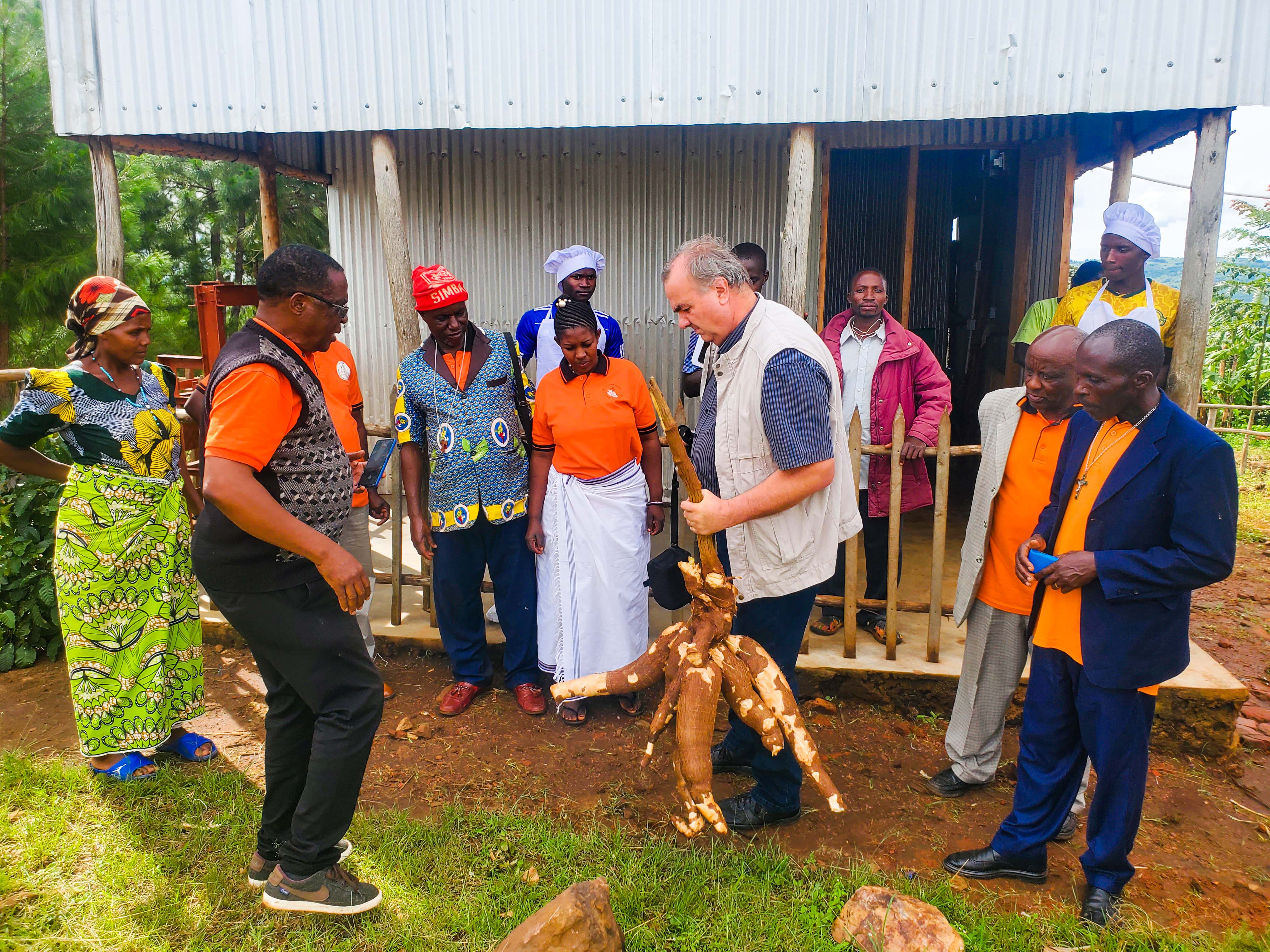-
-
Call us for more details!
-
KST Address
P.O. Box 1236, Bukoba - Tz
RURAL DEVELOPMENT
RURAL DEVELOPMENT


Rural Development:
The KST pays particular
attention to rural development because more than 90% of its membership is rural
based. The critical issues are agro ecosystem farming, household food security,
crop diversification, agribusiness, microcredit, and employment creation
particularly among women and the youth. Besides the above-stated, other reasons
include:
- The majority of Tanzanians live in rural areas, and the country’s rural population relies on subsistence agriculture and agriculture-related activities as its primary employment and source of food. Subsistence agriculture, however, impedes rural families from earning substantial income to escape the cycle of poverty.
- Those living in rural areas are more likely to be impoverished because inadequate infrastructure renders them disconnected from urban centres and financial opportunities, and because they are much less likely to complete their primary and secondary education.
- Women and children are disproportionately affected by rural poverty because of increased educational, political, and labour market disadvantages and the occurrence of child labour and child malnutrition.
- In order for Tanzania’s rural poor to experience more economic success and escape the negative effects of poverty, sustainable changes need to be made in individual farming practices and the country’s agricultural industry. The Kolping Society of Tanzania assists its programme communities to design and implement income generation projects for improving standards of living in their families and their communities.




